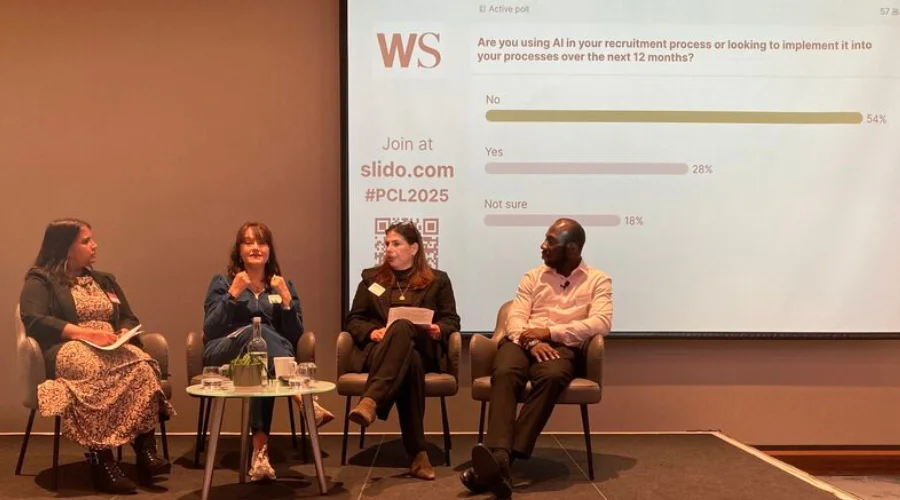
Quick CV Dropoff
Want to hear about the latest non-profit and public sector opportunities as soon as they become available? Upload your CV below and a member of our team will be in touch.

Recently, more clients have been asking us for advice on interviewing. These are some of the reasons cited for this:
In this blog, we focus on interview questions and have broken these down into 4 categories. Of course, there are other assessment methods apart from questioning that may be more suitable for a particular role or could be used in a supplementary way to a standard interview process, such as; behavioural assessments, working interviews, practical skills based tasks or projects, presentations etc.
Question types:
It is important to tailor the interview to specifically assess and evaluate the candidate based on their suitability for the role and the organisation.
To do this, start with reviewing the job description and person specification, paying particular attention to the essential criteria outlined. You should design questions that will allow a candidate to showcase their experience, skills (including transferable skills), knowledge and potential.
Remember, it is important to be working from an up-to-date and well-designed job description that is both fit for purpose and appealing to a diverse range of applicants – see our role design blog for more information on how to achieve this.
HR-based questions
These questions should be focused on ascertaining a candidate’s level of interest in the role or organisation, as well as gathering evidence of research they have undertaken, bearing in mind the amount of time they have had to prepare. Questions may also focus on career aspirations, achievements and how you, the employer, will get the best outcomes and engagement from them.
Examples:
Knowledge-based questions
Knowledge-based questions assess the candidates’ skills, experience and knowledge of the technical aspects of the role. These questions will assess whether their current level of knowledge is sufficient to carry-out the role effectively.
Examples:
Competency-based questions
These are questions that require the candidate to evidence real-life examples to demonstrate experience of certain skills, tasks or responsibilities. They are designed to test the candidates’ hands-on experience and the outcomes that were achieved. This will allow for candidates to draw on experiences and skills that they have gained through other non-work-related projects, interests or commitments for example, volunteering, caring, hobbies or sports.
The most effective way of designing these questions is to go through each point on the person specification and ask questions that allow the candidate to give you clear, tangible outcomes and results-based answers.
Examples of outcomes/results you may seek to see evidence of could be:
Example questions:
Potential-based questions
These questions will help you understand a candidate's growth potential. Good employers will hire people who can do the job today but can also grow into the position and progress in the future.
Potential-based questions are about asking the candidate questions that will allow them to demonstrate to you who they really are, what their goals are, and how they approach their work and career.
Examples:
We always encourage employers to offer adjustments and/or support to the interview process, allowing candidates the best possible opportunity, environment and setting/location to showcase what they have to offer. For more information on inclusive recruitment, you can visit our D&I Hub.
If you would like any further advice or support with conducting effective interviews, please contact us at info@tpp.co.uk.